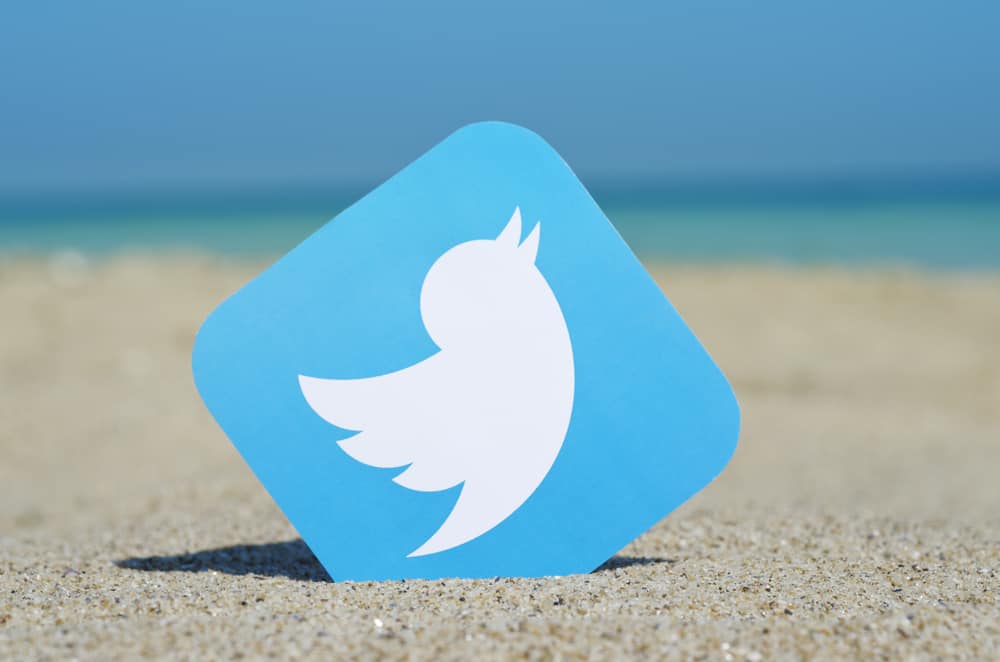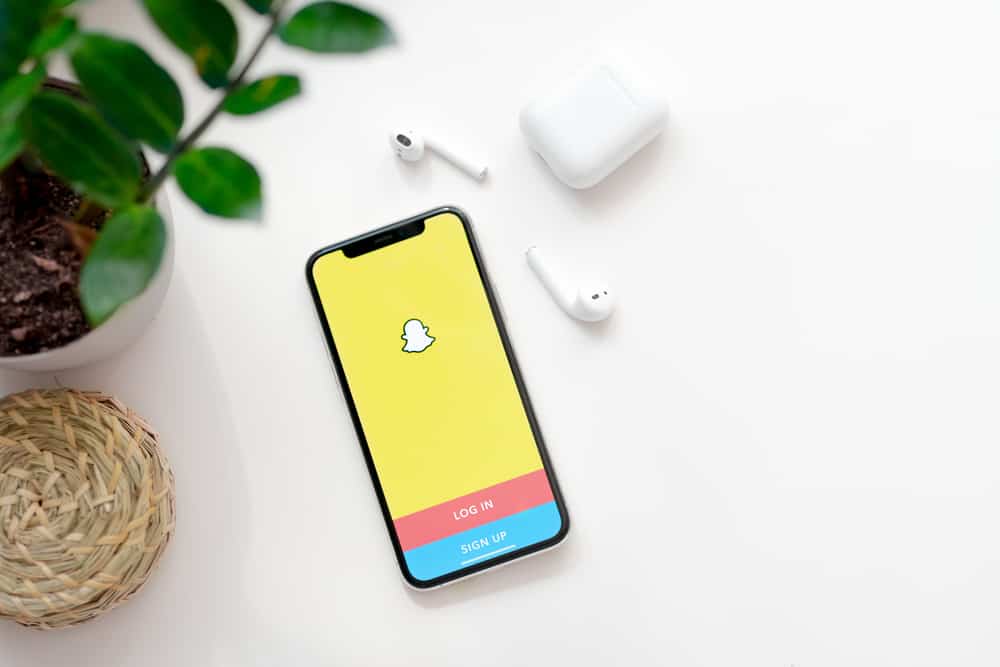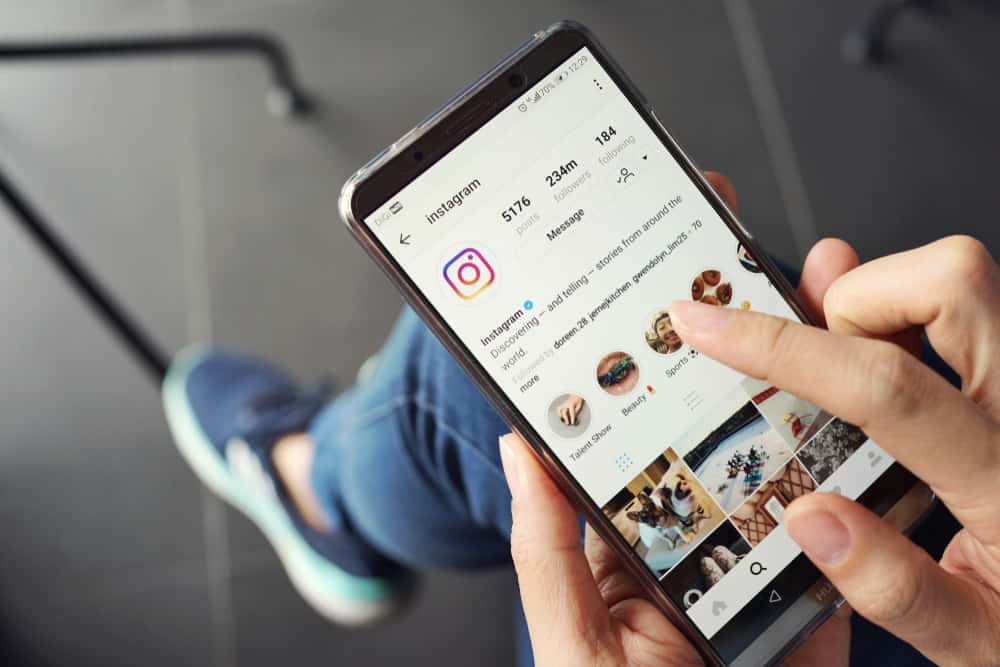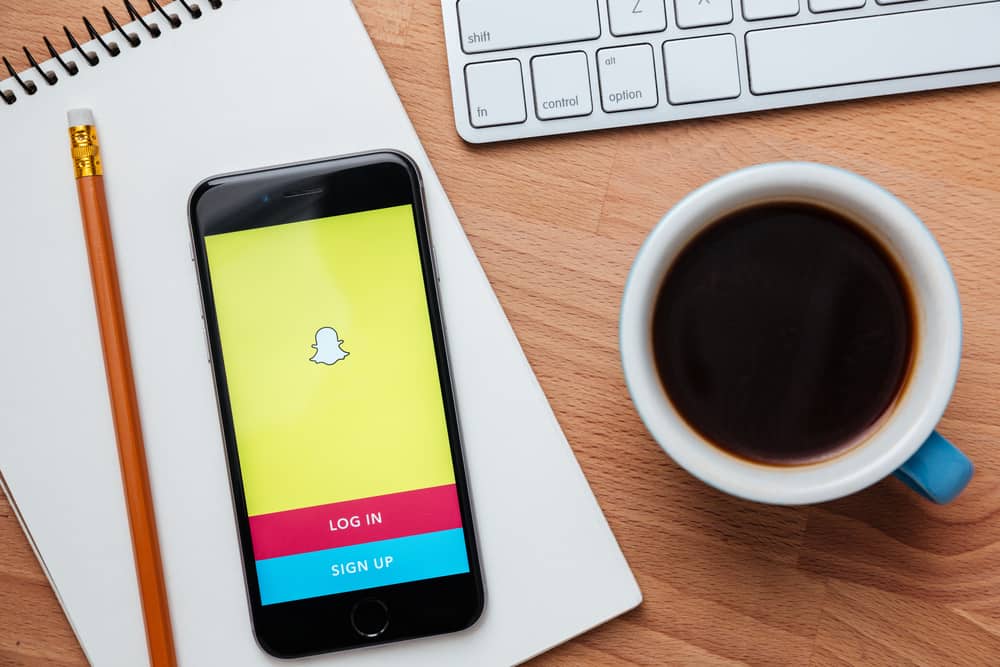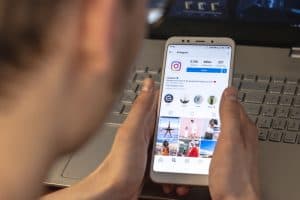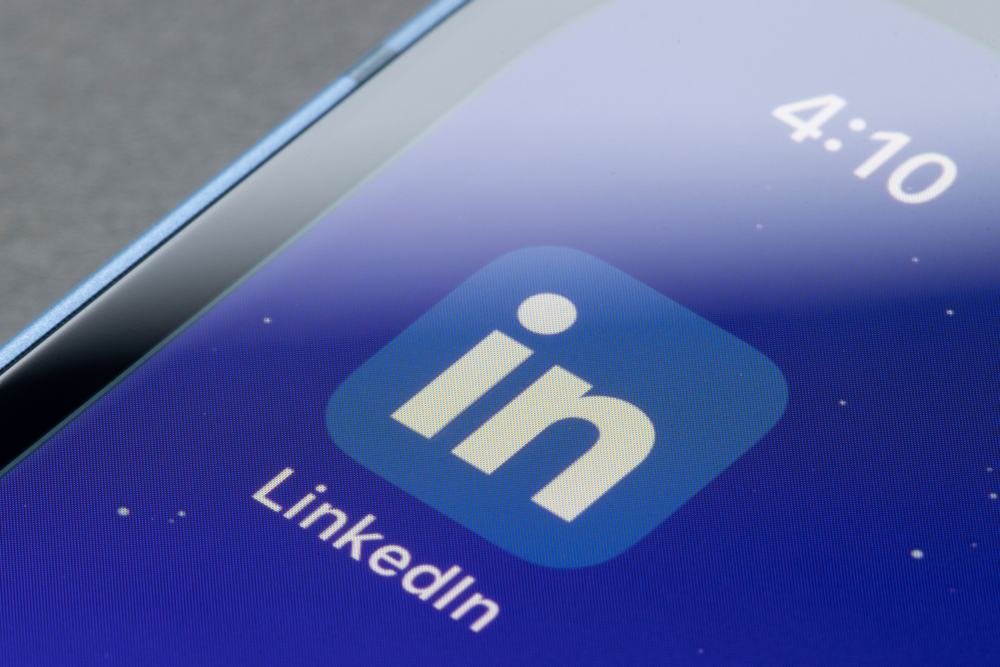
Have you ever seen a LION? Of course, you have seen it in the zoo or National Geographic. But the one I am talking about is not the big cat found in the zoo.
It is the one found on LinkedIn. If that makes you wonder, then wonder not! You are just about to learn about a LinkedIn LION.
LION, in LinkedIn, stands for LinkedIn Open Networker. People use this acronym on their LinkedIn profiles (usually in their headlines) if they are willing to connect with anyone without discretion. These LinkedIn LION are open to accepting any invitation they receive, even from people they never met, worked with, or known in any capacity.
The question we are most interested in is, does this strategy to connect with anyone still works, or is it no longer relevant? Let’s find out together!
Everything About LinkedIn LION
Everybody knows that LinkedIn is all about networking. The platform wanted people to connect with everyone they knew and met in real life. LinkedIn helps you to grow your network by connecting you with more and more people.
We all know how our network and extended network can benefit us by unlocking lucrative opportunities.
When you have more people in your network, it increases your visibility. If you are a job seeker, your chances of landing a good job also increase.
Similarly, you can better reach your target market with your value proposition and generate more leads with your vast network if you are a business.
We all know how the human being is a greedy animal!
So some greedy human beings took the idea of “expanding the network” to the next level when they came up with the “LION” strategy (I would say movement) on LinkedIn.
Now, the question is, what does it entail?
What Does LinkedIn LION Stand For?
“LION” on LinkedIn stands for “LinkedIn Open Networker.” When any person uses this term on their profile heading, it exhibits that the person is willing to connect with anyone who sends them an invitation.
Back in the day, many people navigated this route. They opened themselves to all invitations from anyone on LinkedIn.
LION accepts all invitations request. They will not “I don’t know” your request, as they proclaim it on their profiles.
The idea was to connect with as many people as possible to expand your network. When you expand your network, your visibility and reach increase due to the LinkedIn degree connection system.
So, a recruiter can access more candidates’ profiles with their open network. Similarly, if you are a job seeker, you would get more job opportunities if you have an available network or connect with some LION.
Likewise, you can ascertain your target market and generate more leads via your open network if you are a business.
Your LION profile can also improve your ranking on LinkedIn’s search engine. Similarly, with your open network, more people can view your content.
Connecting with someone who is a LION can also expand your extended network (2nd and 3rd-degree connections).
Since LION has nearly everyone on their network, it will enhance your visibility, too, as you will appear to more people in their “People you may know” section.
I know this seems too good to be true. People gradually realized that the “LION thing” was not as perfect as they thought. It did wonders for a while but could not sustain for longer.
Let’s discuss some of its cons, which potentially ruined it, and thus, we do not see many openly proclaimed LION profiles today, like a decade back.
Christian Mayaud, a top networker on LinkedIn, coined the term LION. Christian still today uses LION in his profile headline.
What Ruined LinkedIn Open Networking?
The LION movement started with good intentions and got loved by people, but somehow it did not sustain its popularity for longer.
Mostly, spammers ruined LinkedIn LION for us.
Spammers hopped onto the bandwagon and created their LION profiles to get personal information. They infiltrated people’s emails with offerings and scam schemes to leverage open networking.
Similarly, spammers are more attracted to your profile if you are a LION. They slip into your connection to not only flood your inbox with their offerings but also find more people to connect with from there.
Having an expanded network does not always guarantee the quality of your network. Some people are in your network for their advantage and not to engage with your content.
In this way, you will also likely lose your genuine connection in the pool of low-quality connections. To begin with, this low-quality connection will never turn into the lead as they never were your target market.
Similarly, with an open network, your feed will be filled with post updates from people of every background and industry, not even relevant to you.
LinkedIn Was Always on the Fence
LinkedIn never made it a feature on its platform. LinkedIn never acknowledged the LION profiles on the platform officially. It is more like a title given by users to themselves.
Similarly, LinkedIn also limited the size of your network to only 500 to prevent unhealthy competition and gain more flexing connections.
Also, it has put a limit to how many 1st degree connections one can have. All of these factors testify that LinkedIn never approved of the LION trend.
You can have only 30,000 1st degree connections on LinkedIn.
On the contrary, LinkedIn never denied its existence. Many LION groups also emerged on the platform, which still exist. Still, today, if you search LION on LinkedIn, you will find many dedicated groups of LION to connect.
The Final Thoughts
To be honest, one does not need to brand themselves as LION on their profile. Today, a more focused and targeted audience is what you require to make your brand or business flourish.
A low-quality connection can put extra weight on your profile if they do not belong to your industry or match your background.
So, apply filters when you accept any invitation, even if you believe in the ideology of open networking.

